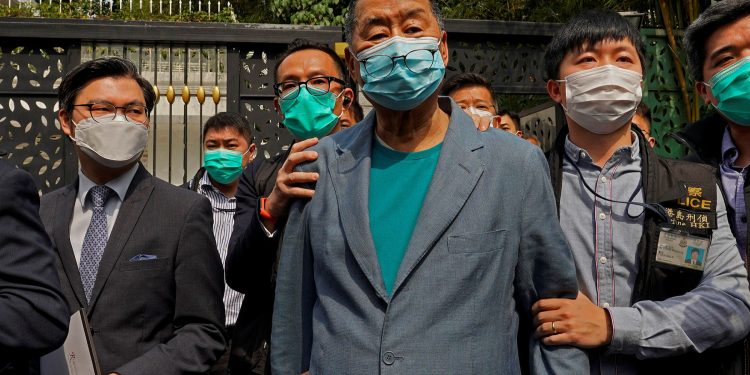- Actions taken this week by Chinese authorities might end democratic government in Hong Kong.
- Zhang Yesui, the NPC spokesman, said recent demonstrations in Hong Kong “showed that the electoral system needs to be improved” in order to ensure “patriots govern.”
- Changes are being planned to better control Hong Kong’s Legislative Council, which is its parliament.
BEIJING, China: Actions taken last week by the Chinese People’s Political Consultative Committee (CPPCC) and the National People’s Congress (NPC) might spell the end to democratic government in Hong Kong.
Zhang Yesui, the NPC spokesman, said demonstrations in Hong Kong “showed that the electoral system needs to be improved” in order to ensure “patriots govern.”
In fact, changes are being orchestrated to better control Hong Kong’s Legislative Council, which is its parliament, as well as the procedures for how the city chooses its chief executive.
Among the changes is to enlarge the Election Committee, a Communist-dominated body that chooses Hong Kong’s leader. By placing more members in the body, it will easily dilute any pro-democracy voices on the committee.
The Election Committee will also be given the power to nominate all candidates for the legislature, as well as “electing a relatively large share of Legislative Council members,” a spokesman said.
If there were any thoughts of a different outcome, the intentions of the ruling Chinese were spelled out by the Xinhua news agency, owned by China.
“For years, anti-China forces seeking to disrupt Hong Kong have been colluding with external forces in an attempt to seize the jurisdiction over Hong Kong, with clear goals and concrete actions,” Xinhua said in a Friday commentary. “Effective measures must be taken to block these pawns of anti-China forces from being elected to (Hong Kong’s) governance architecture, and knock them out once and for all.”
And knock them out is just what the authorities appear to have done.
Most of the prominent Hong Kong opposition politicians are now in jail, awaiting trial on subversion charges. And the future for those jailed leaders may be many years in jail.
Last year’s national security law, imposed on Hong Kong by the central government in Beijing, includes a life sentence for “grave” offenses of subversion, while those guilty of lesser offenses can be sentenced to three to 10 years in prison.
Chan Ho-wun, a member of Hong Kong’s Civil Human Rights Front, which organized the city’s massive pro-democracy street demonstrations in 2019, said the government had “lost all conscience,” as quoted by CNN.
“This is a coup, this is subverting people’s choices. We hope the government can immediately respond to people’s demands,” said Ho-wun.







